Royal Commission into Disability highlights full extent of abuse, neglect and changes needed
The Royal Commission into Australians with a disability has revealed “disturbing” findings with 222 recommendations to stop violence, abuse and neglect. See the list.
National
Don't miss out on the headlines from National. Followed categories will be added to My News.
Phasing out special needs schools for the disabled is one of 222 recommendations on how to improve the lives of Australians with a disability, in a report out on Friday that makes “harrowing reading”.
The recommendations by Royal Commission into Violence, Abuse, Neglect and Exploitation of People with Disability, showed some of the commissioners had different ideas around how to tackle ‘segregation’ across education, work and living.
They were split 3-3 over the future of special needs schools, with three calling for them to be phased out entirely by 2052.
Some also wanted to see the end of group homes.
But they all agreed the forced separation of those with a disability from other Australians was leading to higher rates of violence, abuse, neglect and exploitation of people with a disability and had to end.
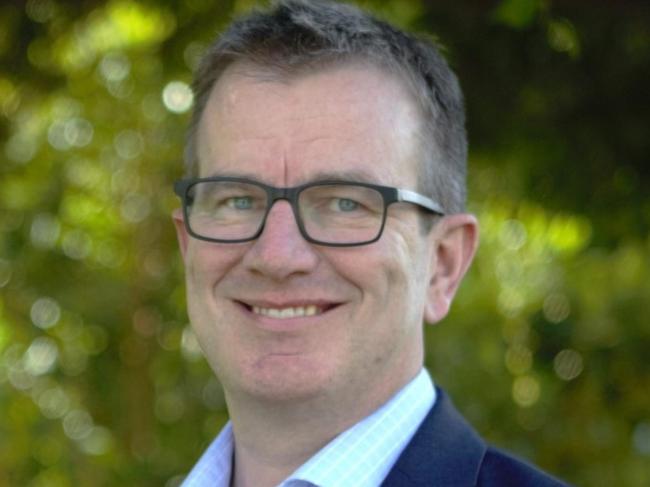
Down Syndrome Australia CEO Darryl Steff said people with Down syndrome and intellectual disability in Australia experience discrimination through being segregated: often working, learning and living apart from the broader community.
“By separating people with disability in schools, they not only experience discrimination, but we are setting them up for a lifetime of isolation.” said Mr Steff.
Among the other recommendations in the final report by the Royal Commission was the creation of a new minister for disability, a new disability act and a new national disability commission, ending forced sterilisation, changing guardianship legislation and equal opportunities to jobs and pay.
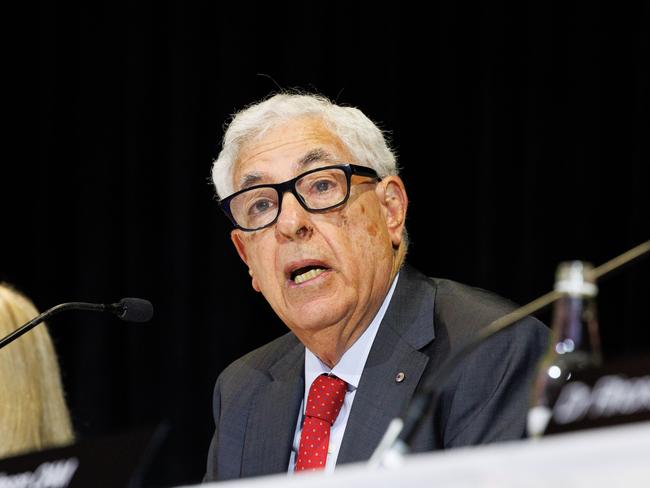
The Commission’s four and a half year investigation headed by Ronald Sackville AO KC heard from almost 10,000 people who shared their own stories, some of which were incredibly distressing.
Minister for Families and Social Services Amanda Rishworth referenced the horrifying statistic from the report that showed that more than half of people with disability have been physically or sexually abused since age 15, compared with 38 per cent of adults without disability.
“It has highlighted the harms and inclusions of people with a disability,” she said.
One area of concern was inadequate care and abuse in homes.

One of the tragic cases highlighted during the Royal Commission was that of Merna Aprem, 20, who five weeks after moving into a group home in Sydney, drowned after suffering an epileptic fit in the bath while unattended.
The Commission also heard about the abuse of two clients by support worker Daniel Nuumaalii, who worked for the same group of homes, and was later jailed.
Service providers were heavily criticised.
National Disability Services CEO Laurie Leigh, speaking on behalf of service providers, said good providers were “ready and willing to play a role in reforms”.
Minister for the NDIS Bill Shorten said the Royal Commission had done a “giant piece of work” which makes “harrowing reading”.
He said it was shocking that 400 deaths a year of people with a disability due to inequity in healthcare, could be avoided.
Mr Shorten noted that 16 recommendations were made in relation to the NDIS and 42 to the NDIS watchdog.
He said Labor had already tripled the number of people working at the NDIS Quality and Safeguards Commission and the report will be used to improve it.
Spinal Life Australia CEO Mark Townend said it welcomed the recommendations to improve safeguards.
‘DISTURBING READING’
Environment Minister Tanya Plibersek said she expected the report would make for “disturbing reading”.
“The important thing now is to make sure people with disabilities can live safely, can be part of our community in safety, that the institutions that are supposed to support and look after them are surely doing that,” she told Sky on Thursday.
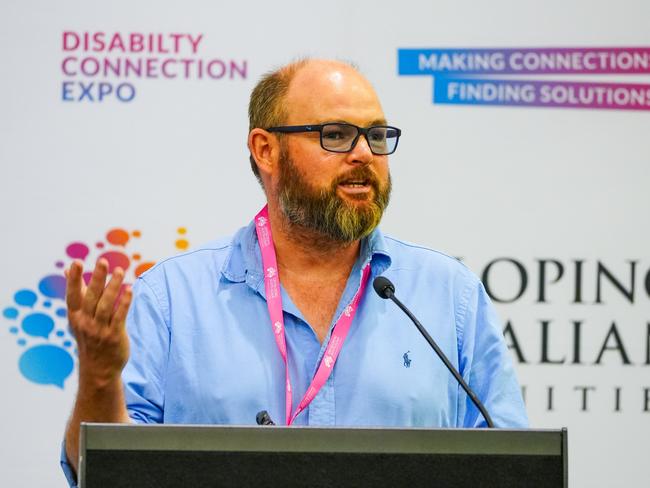
River Night, a disability advocate who lives with autism, said the disability sector didn’t need a Royal Commission to tell them what was wrong.
“We all know it, we all live it. We have been yelling it from the rooftops for decades,” Mr Night said.
“Ask any provider and person in the sector and they will give you a list of things that need fixing. If you want stories of horrific abuse and neglect ask any of us that have worked in the sector for more than five minutes.
“Saying the Commission is needed to find problems so we have to wait for recommendations is offensive to the thousands of us raising daily catastrophic issues to government and regulators already with too many examples of inaction.”
Mr Night said it took three months of calls and complaints to speak to a human about issues in the NDIS.
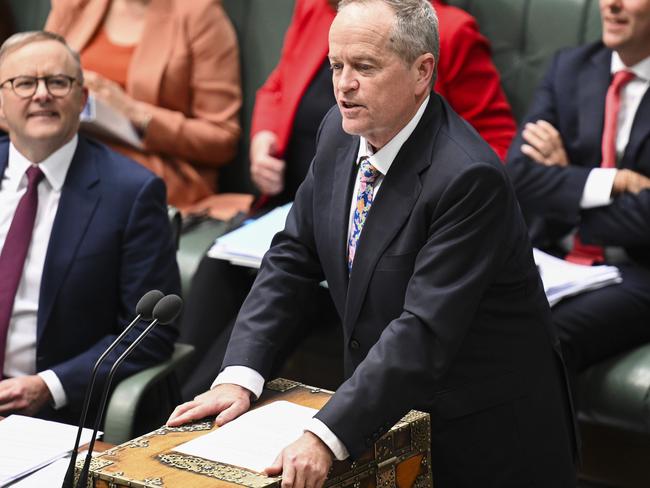
In total the Commission held 32 major hearings, received over 7944 submissions, answered more than 17,800 phone inquiries, and held private sessions with 1785 people, since it was established in 2019.
Of those 1785 who appeared in private sessions before the Commission, nearly two in three identified as having a disability.
Six in 10 were sharing their own horror stories.
More than half supported a person with disability; most commonly these people were parents of children and adults with disability.
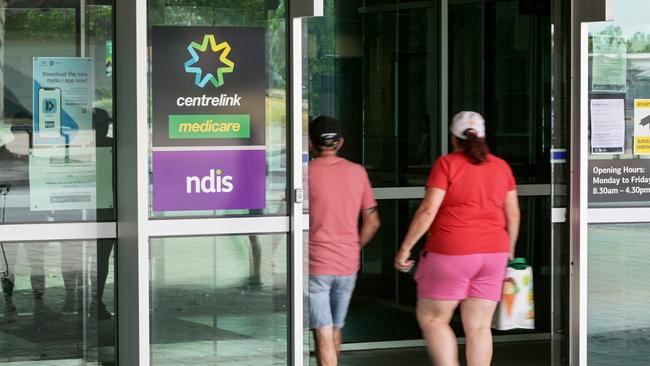
Shockingly, it found paid support workers were the biggest group of the alleged perpetrators of abuse (27 per cent), followed by a medical professional (22 per cent) or teacher (15.7 per cent).
The most common type of institution identified in accounts of violence, abuse, neglect or exploitation were government agencies.
These agencies included the National Disability Insurance Agency (NDIA), Centrelink, state and federal police forces, and state, territory and federal departments responsible for matters such as health, human services, education or housing.
The other most common types of settings identified in accounts were homes (including group homes, private residences and boarding houses), medical environments (including public and private hospitals, general practices and psychiatric institutions) and schools.
More Coverage
Originally published as Royal Commission into Disability highlights full extent of abuse, neglect and changes needed





